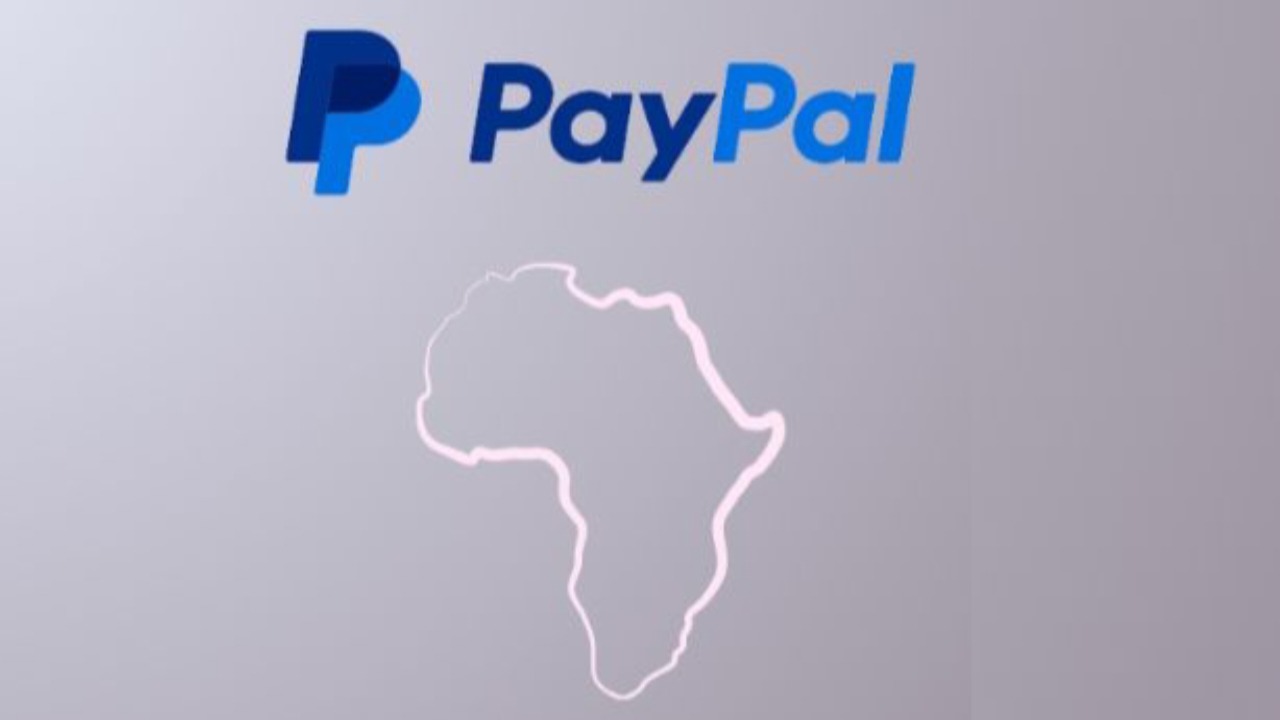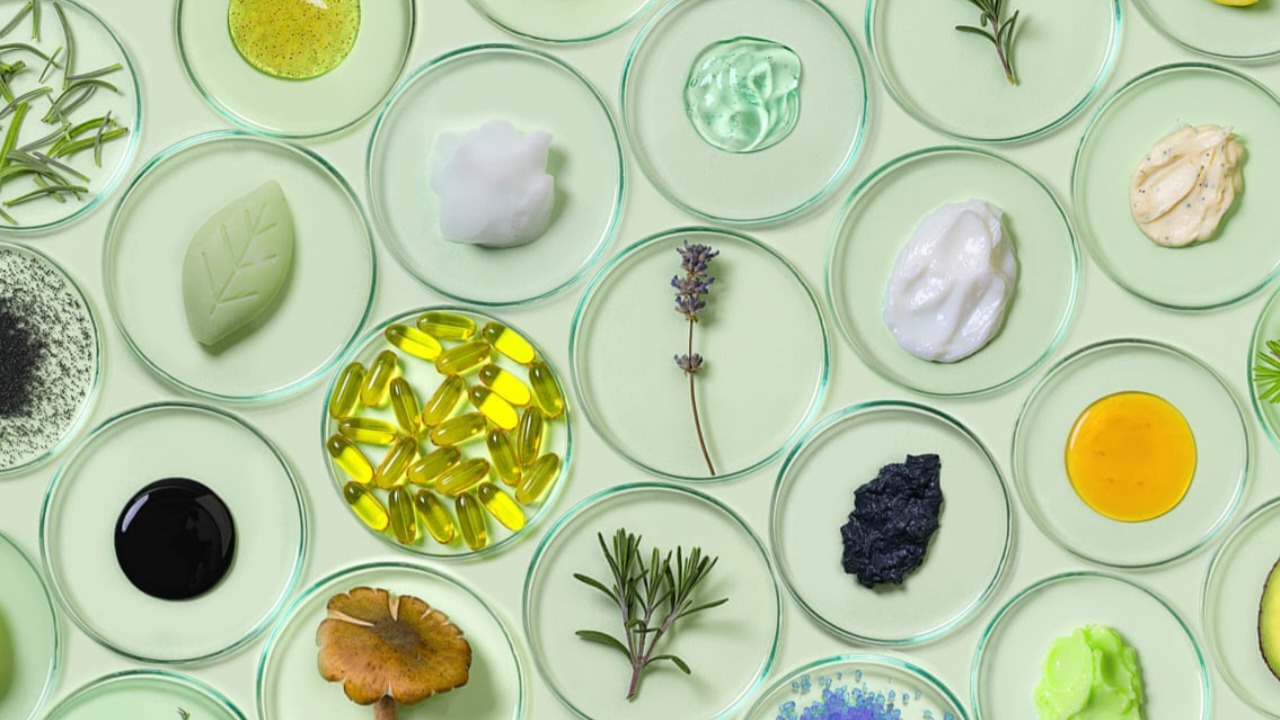GMOs and the Future of Food: Can Biotechnology Feed Africa and the World?
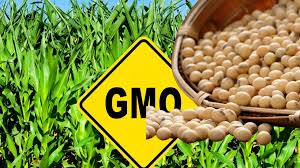
Introduction
Across Africa, countless farmers sit with a similar dilemma: one bag of seeds represents tradition, indigenous varieties passed down through generations, tied to culture, resilience, and ancestral soil. The other bag holds the promise of modern science, genetically modified seeds said to deliver higher yields, withstand drought, and fight off pests.
This quiet but profound choice echoes across the continent. Should farmers rely on the crops that have sustained their communities for centuries, or embrace biotechnology in the hope of securing greater harvests and faster profits?
The debate is larger than any one farmer. At its core lies a pressing question: Can genetically modified organisms (GMOs) solve Africa’s food security challenges, or are they simply another tool of dependency and corporate control?
The stakes extend beyond Africa. With the global population expected to reach nearly 10 billion by 2050, climate change shrinking arable land, and hunger still haunting millions, the future of food is a global challenge. Africa, often called the world’s “future breadbasket,” now stands at a historic crossroads in defining how it will feed itself and perhaps the world.
The Global GMO Story: From Lab to Market to Farms
The journey of GMOs began in the 1970s, when scientists first experimented with transferring genes across species. By the 1990s, the first commercial GMO crops hit global markets. Farmers in the United States, Argentina, and Brazil began planting genetically engineered soybeans, maize, and cotton designed to resist pests and tolerate herbicides.
Today, over 190 million hectares of farmland worldwide are planted with GMOs, dominated by soybeans, maize, cotton, and canola. Supporters hail them as a revolution, crops that reduce pesticide use, withstand droughts, and boost harvests in a world where food demand is surging.
But from the very beginning, controversy shadowed their rise. Health fears, often amplified by activists, raised concerns about long-term effects. Farmers’ organizations warned of corporate monopolies, as seed giants like Monsanto (now Bayer) patented and controlled the technology. “We are no longer owners of our harvests,” one Latin American farmer lamented, “we are renters of seeds.”
Thus, the global GMO story is one of dual narratives: salvation for some, suspicion for many.
Africa’s Dilemma: To Plant or Not to Plant?
Africa’s embrace of GMOs has been slow, fragmented, and politically charged. On one end of the spectrum, South Africa stands as a GMO pioneer, planting millions of hectares of genetically modified maize, cotton, and soybeans since the late 1990s. Yields have risen, and GMO maize now accounts for the majority of South Africa’s staple grain.
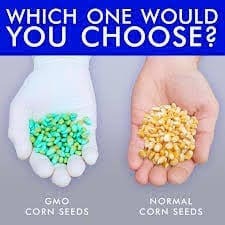
On the other hand, countries like Zambia and Tanzania remain staunchly opposed, citing food safety fears, cultural ties to traditional farming, and suspicion of foreign corporate interests.
Nigeria, Africa’s most populous country, has taken cautious but significant steps. In 2019, it approved the Bt cowpea, the first GMO food crop in Africa, designed to resist the destructive pod borer pest. Advocates hailed it as a milestone, while skeptics warned it opened the door to dependency.
Farmers remain caught in the middle. “Whose seeds are we planting, ours or theirs?” asked Amina, a Nigerian farmer. This trust gap reflects a broader African question: is biotechnology a path to food sovereignty, or a new chain of dependency?
GMOs vs. Traditional Agriculture
Supporters of GMOs argue they offer a lifeline. Crops engineered for pest and drought resistance promise higher yields with fewer chemicals. This could mean less strain on farmers’ pockets and soils. In drought-prone regions of East Africa, drought-tolerant maize varieties are already being tested to shield smallholders from climate extremes.
But the counterarguments are equally compelling. Critics warn of biodiversity loss, with indigenous seed varieties sidelined in favor of uniform, patented seeds. Cultural ties to indigenous crops, like millet and sorghum, risk erosion.
Farmers’ testimonies reveal the complexity. In South Africa, some maize farmers report improved harvests and profits. Yet others complain of rising seed costs and “seed dependency,” where they can no longer save seeds from one season to the next due to patent restrictions.
The clash between biotechnology and tradition is not merely scientific, it is existential. It asks whether Africa will modernize on its own terms or adopt a model shaped by multinational corporations.
Climate Change & the GMO Debate
Africa stands at the frontline of climate change. Rising temperatures, erratic rainfall, and expanding deserts threaten food security across the continent. Reports from organizations warn that climate change could slash African crop yields by up to 50% by 2050.
Here, GMO advocates argue biotechnology could be a shield. Drought-resistant maize, pest-resistant cowpeas, and flood-tolerant rice are touted as solutions to the climate crisis. In East Africa, experimental drought-resistant maize has shown promise in stabilizing harvests despite unpredictable rains.
But the risks are sobering. What if pests evolve resistance faster than the technology adapts? What if climate conditions shift beyond the engineered traits of GMO crops? Critics argue that pinning Africa’s future on lab-engineered seeds is a gamble when agroecological practices — crop rotation, organic fertilizers, mixed farming, could build resilience without dependency.
Ethics & Economics: Who Benefits?
At the heart of the GMO debate lies power. Multinational corporations like Bayer, Syngenta, and Corteva own the patents and control the global seed market. For many Africans, this evokes memories of colonial exploitation, now in the form of seeds.
The fear of “green colonialism” is real. If African farmers must buy expensive patented seeds every planting season, the continent risks trading one dependency (food imports) for another (foreign seed companies).
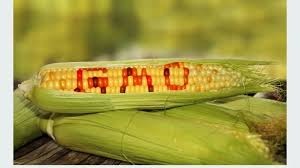
Economic inequality compounds the issue. Large-scale commercial farmers may afford GMO seeds, but what about smallholder farmers, who make up 80% of Africa’s agricultural labor force? Without subsidies, the cost could lock them out.
The ethics are sharp: should the world’s hungriest continent embrace a technology that might deepen inequality, even if it promises more food?
Lessons from Other Regions
Africa is not entering this debate blind. Other regions provide cautionary tales and lessons.
In India, Bt cotton boosted yields and reduced pesticide use for many farmers. Yet rising seed costs and debt led to devastating farmer suicides, sparking global alarm. The truth is nuanced: Bt cotton worked for some, but crushed others financially.
In Latin America, especially Argentina and Brazil, GMO soybeans dominate exports. While profits surged, critics point to ecological costs, soil degradation and over-reliance on herbicides.
Europe offers another perspective. With widespread bans and skepticism, Europe remains resistant to GMOs, preferring organic and locally controlled systems. Africans often ask: if Europe rejects GMOs, why should Africa embrace them wholesale?
Future Pathways: Feeding Africa Without Losing Africa
The question, then, is not whether GMOs are good or bad, but whether they can be harnessed responsibly.
One possibility is coexistence: GMOs grown alongside indigenous crops. Another is African-led biotech innovation, where African scientists and institutions develop, patent, and control their own genetically engineered seeds.
Already, research institutes in Kenya, Nigeria, and Uganda are working on locally adapted GMO crops. If Africa can own the science, the fear of dependency could ease.
Alternative approaches also deserve attention. Agroecology, organic farming, and hybrid seeds could strengthen food systems without corporate control. Policy, regulation, and farmer education will determine whether Africa avoids exploitation while feeding its people.
Ultimately, the pathway must prioritize African sovereignty: feeding Africa without losing Africa.
Conclusion: Seeds And Choices
Africa stands at a defining moment in its agricultural journey. The promise of biotechnology is undeniable, higher yields, resilience against climate change, and the potential to reduce hunger. Yet the risks are equally clear: dependence on external corporations, widening inequality, and the erosion of cultural and ecological heritage.
The central question persists: Is biotechnology a pathway to empowerment or a mechanism of control?
Africa’s food future must be built on balance. GMOs may play a role, but they cannot be the entire solution. Indigenous crops, homegrown innovation, and policies that place farmers at the center must drive the continent’s agricultural choices.
Because ultimately, this debate is about more than seeds. It is about sovereignty, dignity, and building a future where Africa feeds itself, not on borrowed terms, but on its own.
You may also like...
If Gender Is a Social Construct, Who Built It And Why Are We Still Living Inside It?

If gender is a social construct, who built it—and why does it still shape our lives? This deep dive explores power, colo...
Be Honest: Are You Actually Funny or Just Loud? Find Your Humour Type

Are you actually funny or just loud? Discover your humour type—from sarcastic to accidental comedian—and learn how your ...
Ndidi's Besiktas Revelation: Why He Chose Turkey Over Man Utd Dreams

Super Eagles midfielder Wilfred Ndidi explained his decision to join Besiktas, citing the club's appealing project, stro...
Tom Hardy Returns! Venom Roars Back to the Big Screen in New Movie!

Two years after its last cinematic outing, Venom is set to return in an animated feature film from Sony Pictures Animati...
Marvel Shakes Up Spider-Verse with Nicolas Cage's Groundbreaking New Series!

Nicolas Cage is set to star as Ben Reilly in the upcoming live-action 'Spider-Noir' series on Prime Video, moving beyond...
Bad Bunny's 'DtMF' Dominates Hot 100 with Chart-Topping Power!

A recent 'Ask Billboard' mailbag delves into Hot 100 chart specifics, featuring Bad Bunny's "DtMF" and Ella Langley's "C...
Shakira Stuns Mexico City with Massive Free Concert Announcement!

Shakira is set to conclude her historic Mexican tour trek with a free concert at Mexico City's iconic Zócalo on March 1,...
Glen Powell Reveals His Unexpected Favorite Christopher Nolan Film

A24's dark comedy "How to Make a Killing" is hitting theaters, starring Glen Powell, Topher Grace, and Jessica Henwick. ...

